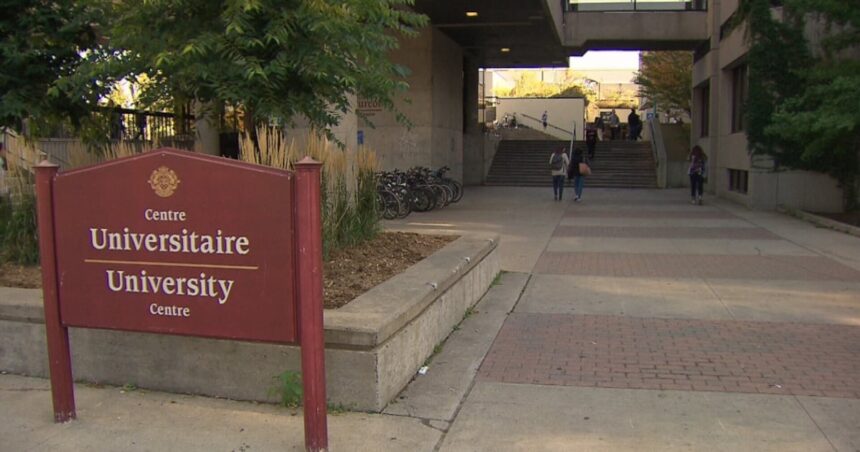The University of Ottawa has taken a historic step toward reconciliation by announcing it will fully cover tuition fees for all students from the Algonquin Anishinabeg Nation. This groundbreaking initiative aims to increase Indigenous representation in higher education while honoring the university’s location on traditional Algonquin territory.
“Education has the power to transform lives,” said Jacques Frémont, President of the University of Ottawa, during yesterday’s announcement ceremony. “This initiative represents our commitment to making post-secondary education accessible to the original stewards of the land on which our institution stands.”
The program will benefit students from all ten Algonquin Anishinabeg communities, creating opportunities for dozens of Indigenous learners annually. According to university officials, eligible students will have access to all undergraduate and graduate programs without financial barriers.
Chief Lance Haymond of Kebaowek First Nation called the announcement “a meaningful step toward addressing historical inequities in education.” He emphasized that removing financial obstacles could significantly increase Indigenous participation in higher education.
“For many of our young people, tuition costs have been an insurmountable barrier,” Haymond said. “This program opens doors that were previously closed to them.”
The initiative comes after years of consultation with Algonquin communities and aligns with the Truth and Reconciliation Commission’s calls to action regarding education. Statistics Canada reports that only 12 percent of Indigenous peoples aged 25 to 64 hold university degrees, compared to 33 percent of non-Indigenous Canadians.
Lisa Abel, director of Indigenous initiatives at the university, explained that the program goes beyond financial support. “We’re creating a welcoming environment through our Indigenous Resource Center, Elder-in-Residence program, and culturally relevant support services,” Abel said. “Financial access is just the beginning.”
The program has already garnered attention from other post-secondary institutions across Canada. Carleton University and Algonquin College have expressed interest in developing similar initiatives for Indigenous learners in the Ottawa region.
Students from the Algonquin communities have responded with enthusiasm. Sarah Commanda, a prospective education student from Kitigan Zibi, told me she now sees university as a realistic option. “I always wanted to become a teacher and return to my community, but the financial burden seemed overwhelming,” Commanda said. “This changes everything for me and many others.”
The University of Ottawa estimates the program will cost approximately $1.2 million annually, funded through a combination of university resources and private donations. A dedicated endowment is being established to ensure the program’s sustainability.
Ottawa Mayor Mark Sutcliffe praised the initiative, calling it “a model for institutional leadership in reconciliation.” The city council has pledged to support complementary programs that address housing and transportation challenges for Indigenous students relocating to Ottawa.
Educational experts suggest such initiatives could help address Canada’s professional skills gap in many sectors. Dr. Pamela Toulouse, professor of Indigenous education at Laurentian University, noted that “when Indigenous students succeed, entire communities benefit, and ultimately, so does Canadian society as a whole.”
The program takes effect immediately for the upcoming academic year. Interested students are encouraged to contact the university’s Indigenous Resource Center for application details and support.
As I’ve covered education initiatives in Ottawa for over a decade, this announcement represents one of the most substantial commitments I’ve seen from a major institution toward reconciliation through education. The real measure of success, however, will be in the graduation rates and professional opportunities that follow for Algonquin students in the years to come.
For many of us who call Ottawa home, this initiative serves as a reminder that meaningful







